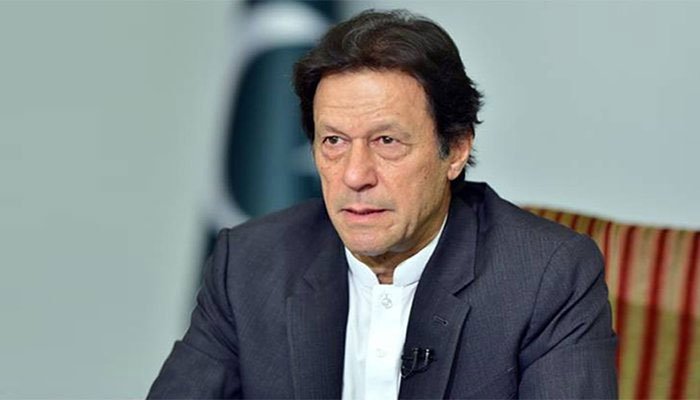The United States made mistakes in Afghanistan during the War on Terror (WoT), but Pakistan had to bear the brunt of the situation, Prime Minister Imran Khan said on Monday.
The prime minister’s comments came during his speech at the inaugural session of the annual Margalla Dialogue in Lahore.
The premier criticised the Western media and said that instead of giving Pakistan its due credit for the sacrifices it made, the country was accused of playing “a double game” and its reputation was maligned internationally.
“Pakistan was held responsible for the shortcomings of the United States,” said the premier.
The PM went on to say that throughout the war in Afghanistan, Pakistan had to witness the biggest collateral damage as it was the only US ally that suffered more than 80,000 casualties, displacement of millions of people, and a loss of over $100 billion.
“The inability of the national leadership to handle the Afghan situation wisely landed the country into two main pro and anti-America divisions,” he said.
The prime minister said Pakistan was blamed for wrong reasons by the international community, whereas it re-mained mum on the atrocities committed by New Delhi in the Indian Occupied Jammu and Kashmir (IOJK).
The premier shed light on other matters too and said that uplifting the underprivileged segments of the society was critical to ensuring across-the-board national security.
He stressed that rule of law and equality for all were the preconditions for democracy and regretted that Pakistan had suffered an inequality due to three simultaneous educational systems, namely English and Urdu medium schools, and the madrassas.
The premier also pointed out that differences in educational standards of the systems resulted in three different kinds of generations with discrimination in opportunities of jobs.
“Corruption, particularly of the elite, was detrimental to the development of a country,” he said, adding that Pakistani scholars and academics need to invest in research and development as research leads to original thinking within a soci-ety.
“You have to define yourself instead of letting others define you,” he said.










